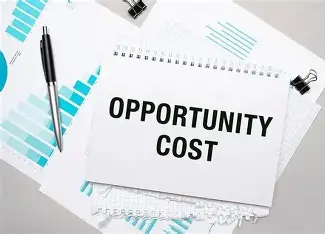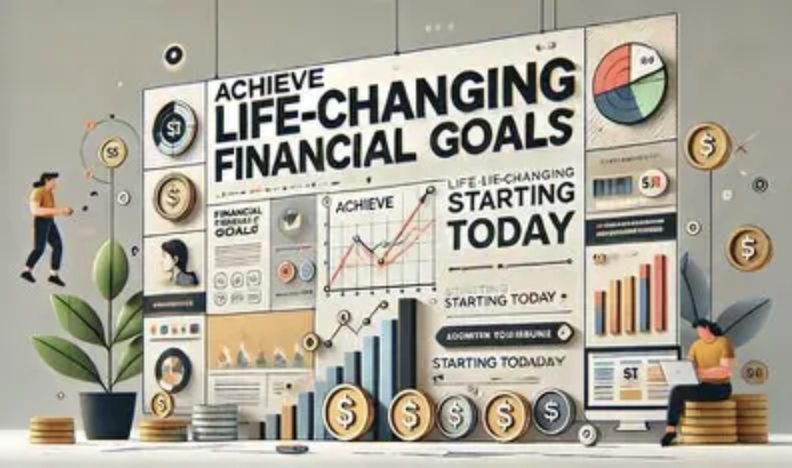Ten years ago, at the age of 26, I was an office worker earning $55,000 a year, struggling under the weight of credit card debt because I was trying to match my coworkers’ lifestyles—expensive lunches, luxury items, and spontaneous getaways. Now, I proudly own a small home, possess a $200,000 investment portfolio, and choose to work part-time. My success didn't come from luck, but from changing my habits and making careful financial decisions.
Year 1: The “Cash-Only Challenge”
After maxing out two credit cards, I spent three months using only cash. I was shocked to see how quickly $50 could vanish after just one dinner. This realization led me to stop buying daily lattes and start preparing meals at home. I paid down $8,000 of my debt and became aware of how out of touch I had been with my spending habits.

Year 3: Dismissing “One-Size-Fits-All” Savings Plans
A financial planner suggested I save 15% of my income in a 401(k), but this left no room for emergency funds. I made my own plan: I allocated 10% to the 401(k) and 5% into a high-yield savings account. When I needed to fix my broken laptop, I could afford it without going into debt, proving that flexibility is more effective than strict rules.
Year 5: Turning “Boring” Skills Into Income
For years, I had been streamlining my team’s spreadsheets to enhance efficiency. When a friend asked me to teach her the same techniques, I started offering Excel workshops for $50 an hour. The extra $300 each month was invested in dividend ETFs, steadily building up passive income.

Year 7: Ignoring the “Bigger House” Trend
While my coworkers moved into larger homes, I chose to remain in my 800 sq. ft. condo. Instead of taking on more mortgage debt, I used my salary increase to invest in a rental property in a nearby city. The rental income fully covered the mortgage, and my condo’s value increased by 20% over three years, without adding extra pressure.

When I invested $5,000 in a friend's startup that ultimately failed, it was painful. Rather than chasing my losses with risky investments, I focused on low-cost index funds. Within two years, those funds recovered my losses, teaching me the importance of discipline over greed.
Year 10: Valuing “Time Wealth” Above Money
My investments now generate $1,500 a month in passive income, which led me to request a four-day workweek from my employer. Although I accepted a 10% pay reduction, I gained 20% more time to travel and volunteer. For me, true financial freedom means having control over my time, not just having money.
Reflecting on my journey, I find that my greatest achievement isn't the wealth I've accumulated. Rather, it's the understanding that anyone can improve their financial situation by being honest with themselves about their habits and not comparing their path to others.

Wealth Rewards Insight, Not Just Effort

Main advantages of pay stub generators

How Investors Can Stay Steady Amid Turbulence

Planning for Major Expenses

How Investors Can Stay the Course Amid Uncertainty

Choosing Health Savings Accounts

Estate Planning Essentials: Protecting Your Assets and Loved Ones
